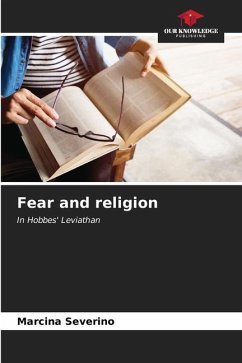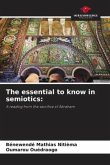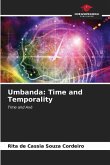We investigated the extent to which Hobbes's theory of the state in Leviathan is based on the religious values of the time. Hobbes' fear is the favourite fruit of the culture and imagery of his time, as these are structures that form part of the identity constitution of individuals. Religion gave the Hobbesian theory of the state, present in Leviathan, an idea that divine power reigned over the process of human organisation in this world, so the fear that drove human beings to transfer power to the state is not just the Hobbesian fear of violent death, but also the fear present in the religious and cultural dimensions that were embedded in the worldviews of Hobbes and the society of his time. The main sources are: the written documentation found in Hobbes' work Leviathan and scholars who analyse the relationship between religion and the state on the basis of this work. It was concluded that despite the constant presence of religion in Hobbes' time, in his text he condemns the attitude of religious leaders who use the name of God to obtain benefits, but he himself was unable to abstain from religion.
Bitte wählen Sie Ihr Anliegen aus.
Rechnungen
Retourenschein anfordern
Bestellstatus
Storno








